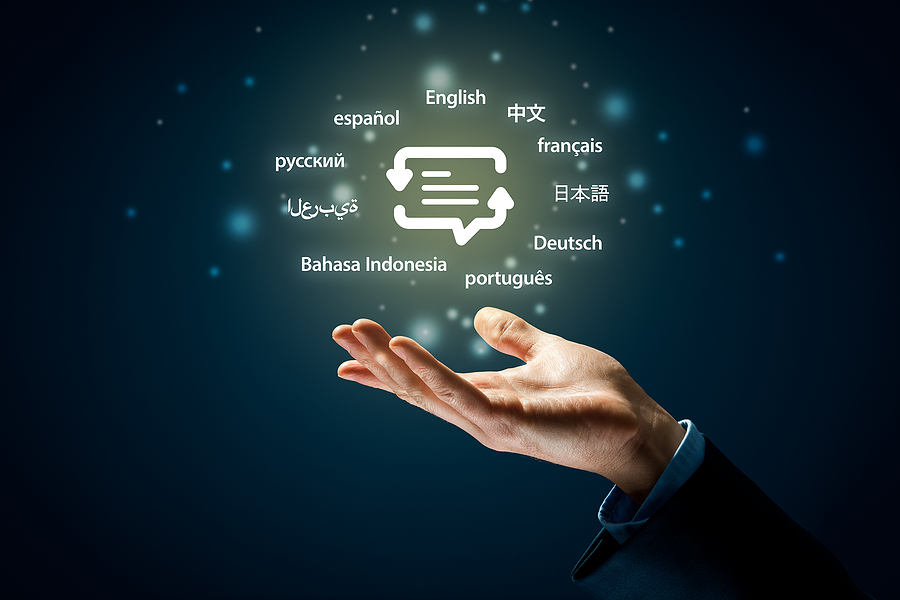Much like any other translation, legal document translation is the process of changing text from one language to another. The process of translation is complex and requires expert knowledge surrounding the languages in question, as well as the respective legal theory.
When formulating the copy for legal documents, it is extremely important to be precise as minor errors could lead to lawsuits. No company wants to risk their business, which is why legal document translation is so important. There are many reasons why you may need a legal translation within both the private and public sectors, let’s explore why.
What is legal translation?
Table of Contents
Legal translation encompasses many documents. These can include short forms of transcription, such as complaints or policies but may also span to large documents such as contracts and disclaimers. Here are some of the common legal transcripts you may need to have translated:
- Depositions
- Legal Statements
- Licenses
- Legal Disclaimers
- Wills and Trusts
- Confidentiality Agreements
- Other
These are only a few examples of legal documentation which may require translation with interpreters. It’s important to note that within these documents, policies differ between countries, and specialist knowledge is required to translate.
Why is legal translation important?
Translation varies across countries due to changes within the laws. The legal system is abstract, with many notions that are frequently disputed. These variations can often be the result of major lawsuits which cost companies anywhere from hundreds to millions of dollars in claims.
A legal translator must produce an accurate translation that is business-specific and have the sound legal knowledge to understand the laws in question. Quite often, translators have specific knowledge of certain industries, which help provide a reliable service.
Tips for document translation:
There are a few things to keep in mind before you undergo the process of translation:
Familiarize yourself with the legal system
Having some understanding (even if basic) of your legal system will support your efforts in beginning to find a translator. Once you understand the system, you will be able to better understand the service you require from a third party.
Find a trusted translator
Doing your research is key. If you’re going to the effort of suitably translating legal documents, you want to ensure that the translator you choose has an in-depth understanding of the issue at hand, as well as the language. Choosing a service that leaves you in a worse position than you started can be avoided by selecting a trusted translator.
Stick to the structure of the original document
This is particularly important when fighting your own case. It is important to use the document you have as a guideline to inform your translated document. This way, you can show that your translation has come directly from the original document and accuracy has been upheld.
Seek international support
If you’re finding it difficult to translate documents or understand the law in a different country, you should seek international support. Choose a law firm or translation service from the country you require a translation from. Why? They have an in-depth knowledge of the law and are specialized within the language of their country. This will likely make it easier for you to find support.
Image Source: BigStockPhoto.com (Licensed)
Related Categories: Legal, Reviews, Work








